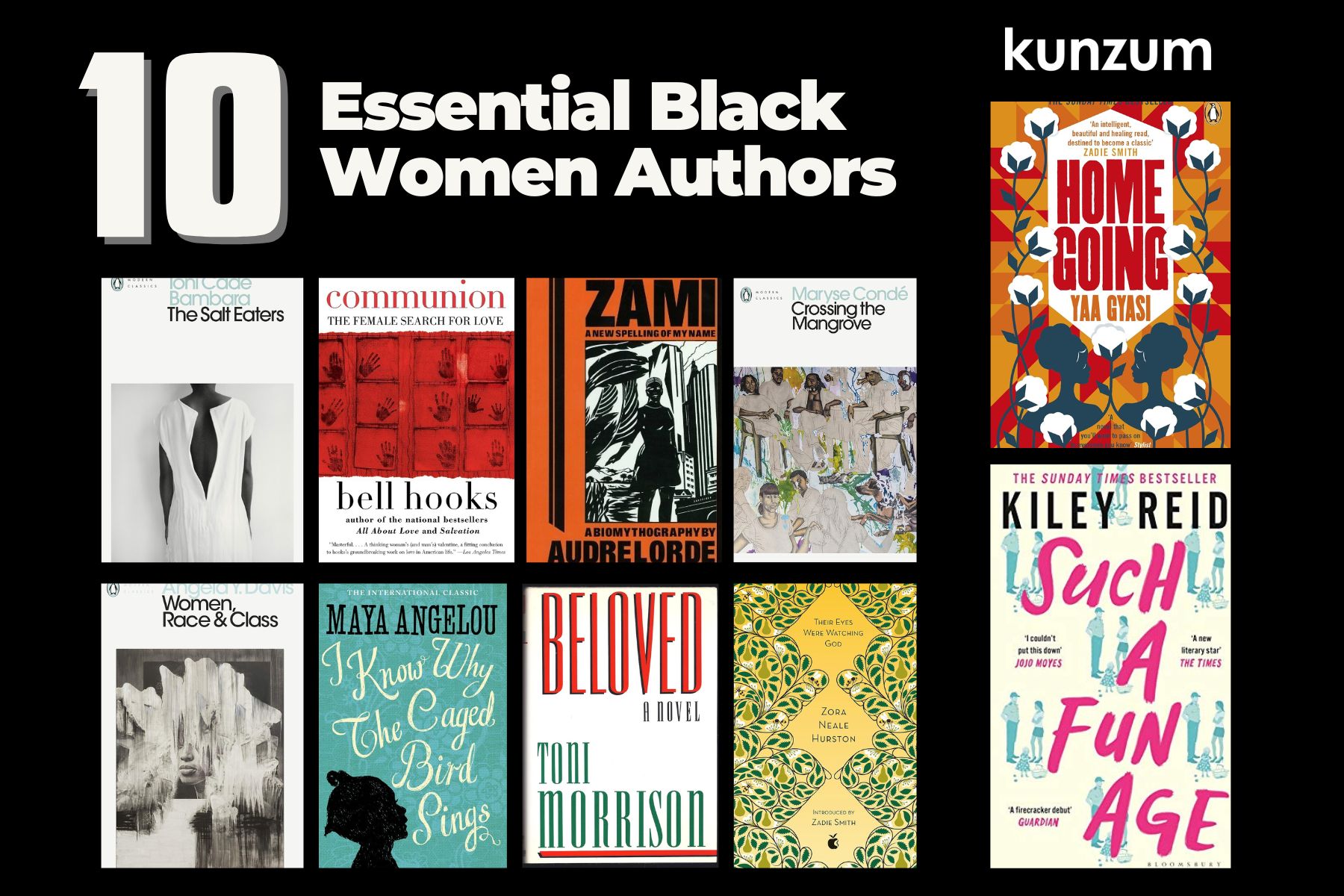
To celebrate Black History Month and the rich African-American literature that is attached to it, we at Kunzum have curated an essential guide to introduce you to some of the most poignant and evocative novels authored by Black Women. From the great Maya Angelou to the brilliance of contemporaries like Kiley Reid, our expansive list hopes to get you into reading some remarkable and important works of literature.
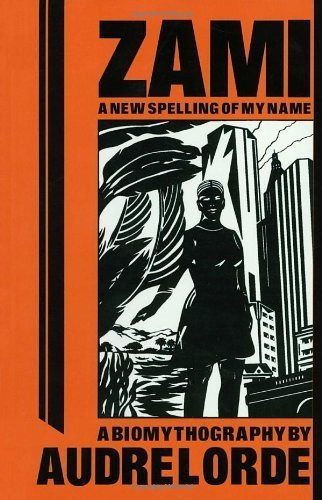
Zami: A New Spelling of My Name by Audre Lorde
Inaugurating the powerful genre of ‘biomythography’, which combines myth with history and biography, “Zami” represents the Frankenstein fusion of story, reality and context that quite literally represents what ‘identity’ means. In calling upon a ‘new spelling’ of her name, ‘Zami’, a word referring to the Carriacou women who work together as friends and lovers, Lorde embarks on a powerful journey of taking control of one’s story and narrative of self. The book details Lorde’s formative years, specifically her childhood in 1930s-40s Harlem, and her relationship with the many women who have come to shape her. A coming-of-age novel that is superbly queer, racially aware and empowering in being revelatory, it is an easy read that allows anyone to witness the miracle and compassion of Lorde’s writing.
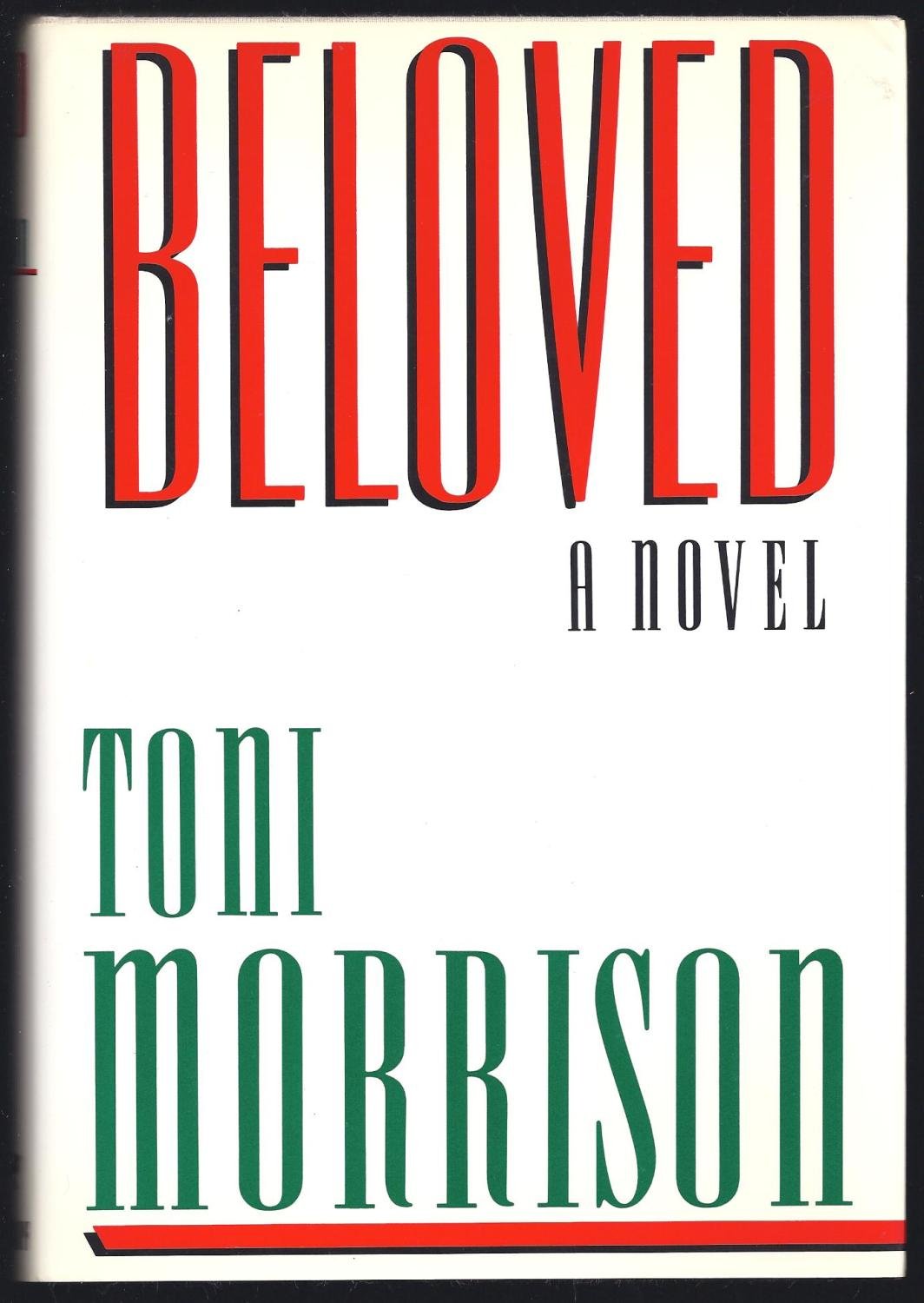
Beloved by Toni Morrison
Based on the real-life story of escaped slave Margaret Garner, who was captured while attempting to secretly kill her children, Morrison’s “Beloved” invites its readers to explore the painful and raw complexity at work within that moment of seeming derangement. Following a dysfunctional household in Cincinnati, “Beloved” tells the story of a house that is haunted by the spirit of a quietly murdered child who is, quite forcefully, willing itself into powerful existence. Few authors can write with blood and put a spell on the language the way Morrison quite casually can. Combining the magical and gothic with the historical and personal, “Beloved”, set in post-Civil War America, reanimates the ghosts of the past, and recalls everything– from memories of slavery to the turmoil suffered in the everyday. The book requires and embodies the process of remembering, for trauma must be recounted in all its accessible and often inscrutable fragments to be exorcised. An essential book, Morrison’s novel is one where to read is to remember what daren’t be forgotten.
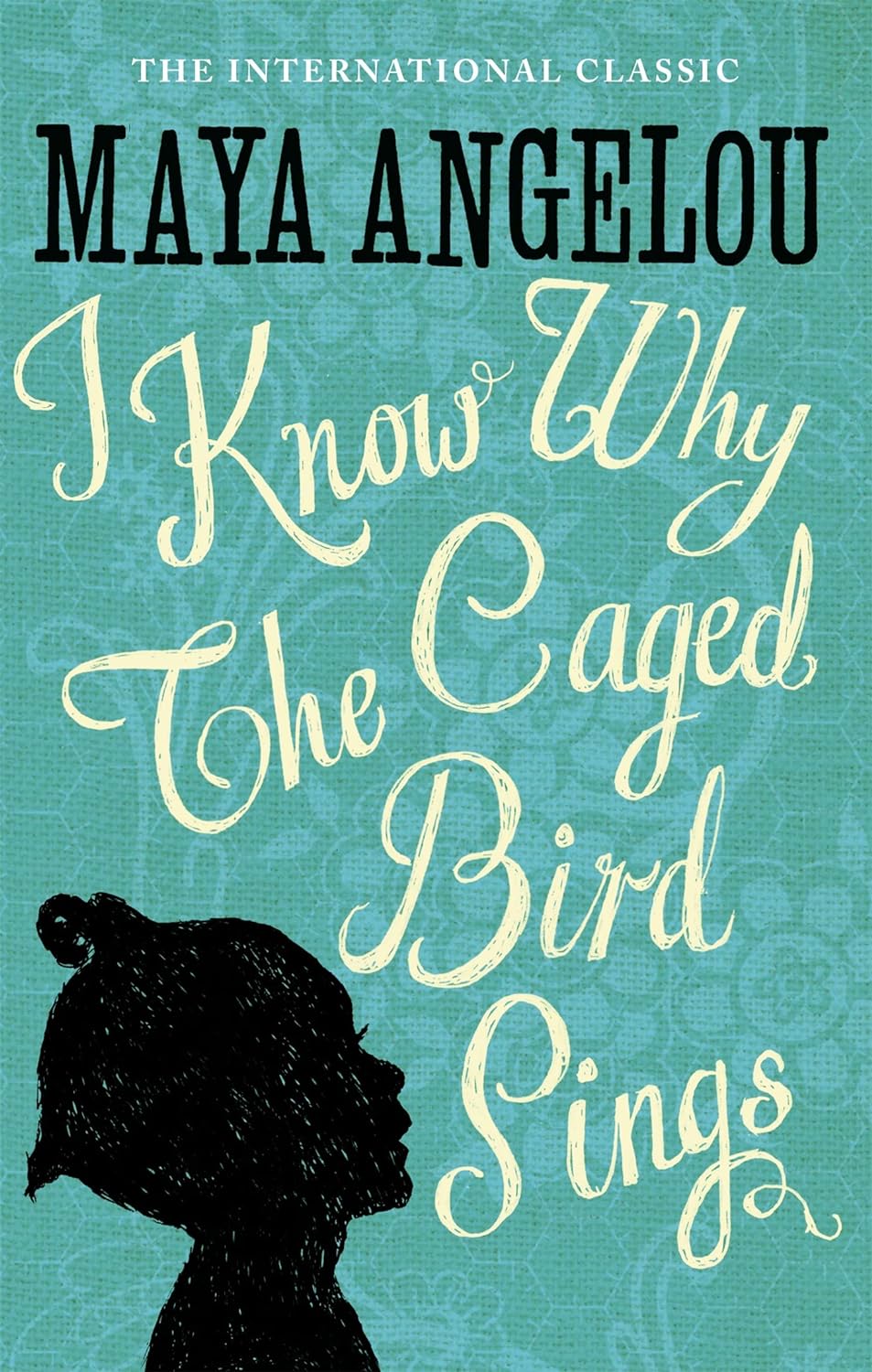
I Know Why The Caged Bird Sings by Maya Angelou
When challenged by James Baldwin to attempt an autobiography that could autonomously be appreciated as literature, Angelou responded with a seven-part magnum opus. First of the seven, “I Know Why The Caged Bird Sings” is a coming-of-age narrative that details the turbulent nature of Angelou’s youth. Containing an account of her life from ages 3 to 16, the novel utilises the context of her formative experiences to stage larger thematic discussions on identity, racism, trauma, violence, black motherhood, as well as a struggle for independence. Berated, celebrated, banned and canonized, this immortal classic is a crucial read for anyone hoping to understand the daily indignities and routine empowerments that are at the core of being black in America.
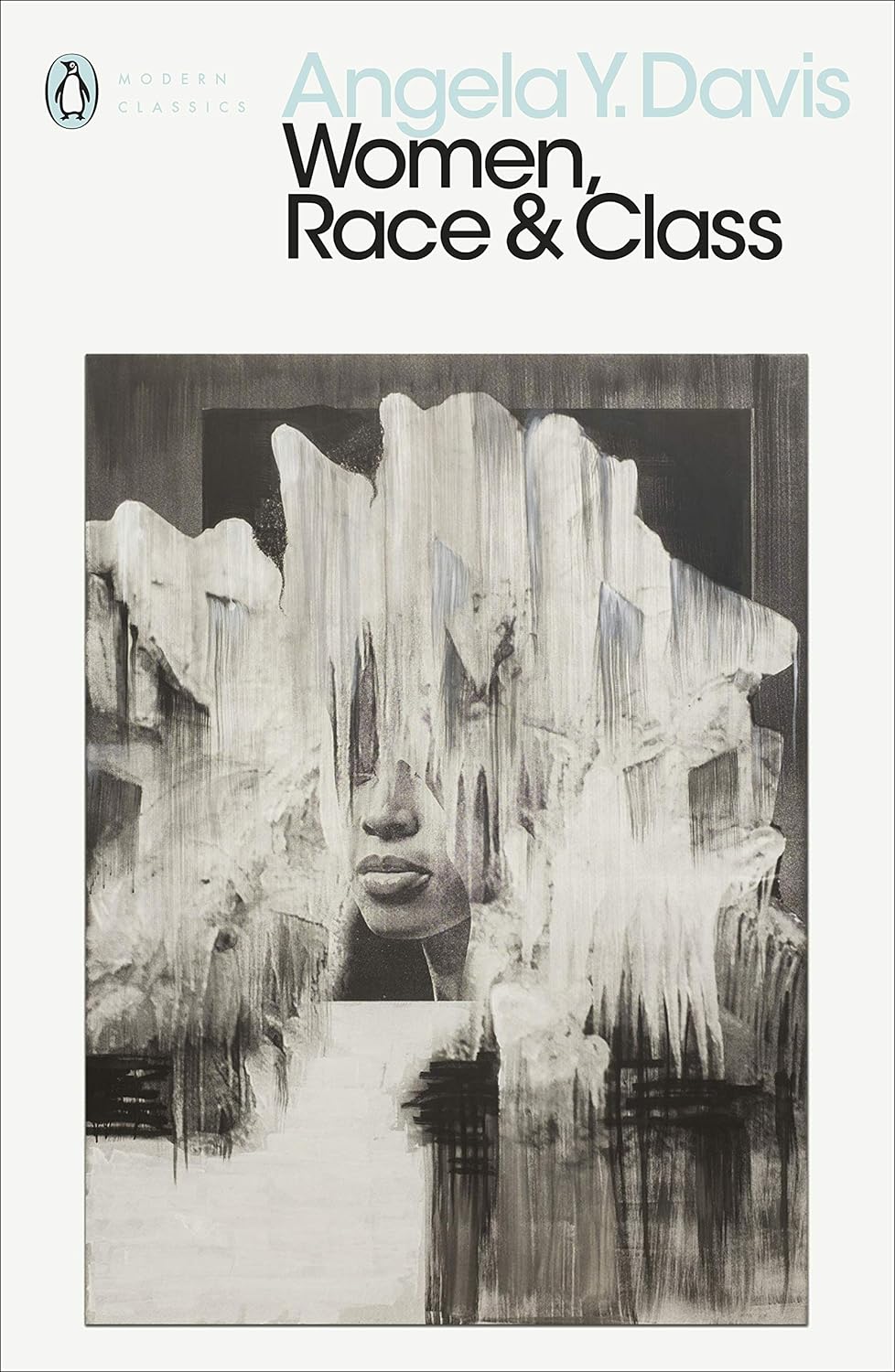
Women, Class and Race by Angela Davis
One of the first to attempt an intersectional analysis, the impeccable Angela Davis’ Marxist-feminist analysis of gender, race and class, is a riveting and remarkable narration of pivotal moments in African-American history. From the slave trade and abolitionist movements to the women’s liberation movements of the ‘60s, “Women, Class and Race” traces the existence of black women and accounts for their presence within the fabric of American society.
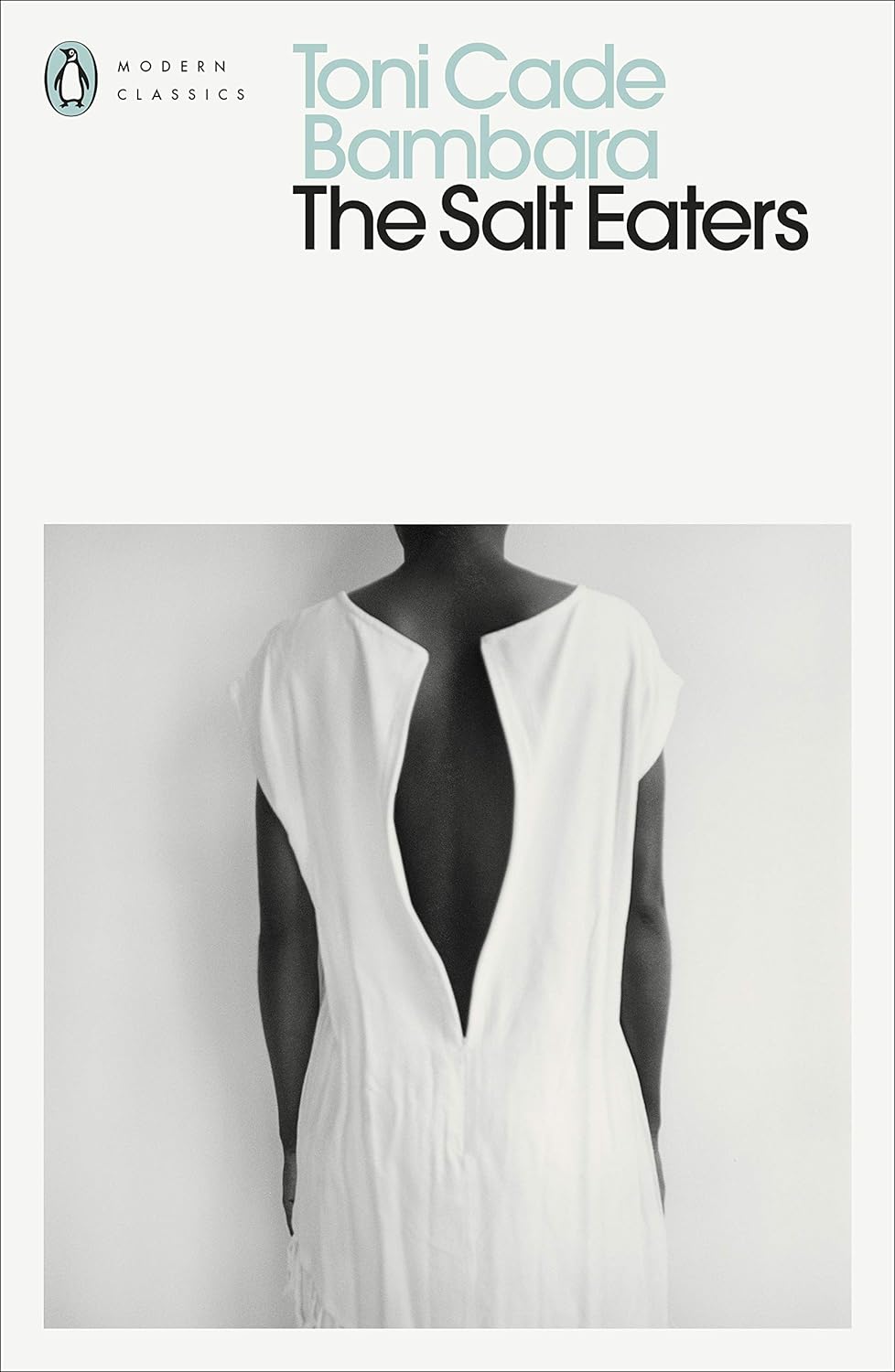
The Salt Eaters by Toni Cade Bambara
Experimental, explicitly political and wonderfully hymnal, Bambara’s novel enters the non-linear sacred space of African religion as it explores the American Deep South of the ‘70s and its small potent communities of Black Faith Healers. It follows the narrative of Velma Henry, a Civil Rights activist, now jaded and disillusioned, who finds herself at the edge of suicide, and later, at the hands of fabled healer Minnie Ransom. In being forced to process and confront her trauma, Velma discovers the possibility of an empowered and free self, as well as the power of communal faith and belonging. More than anything, Bambara’s “The Salt Eaters” is a reaffirmation of the collective and the sudden fallibility of a community when entranced by foreign cultures.
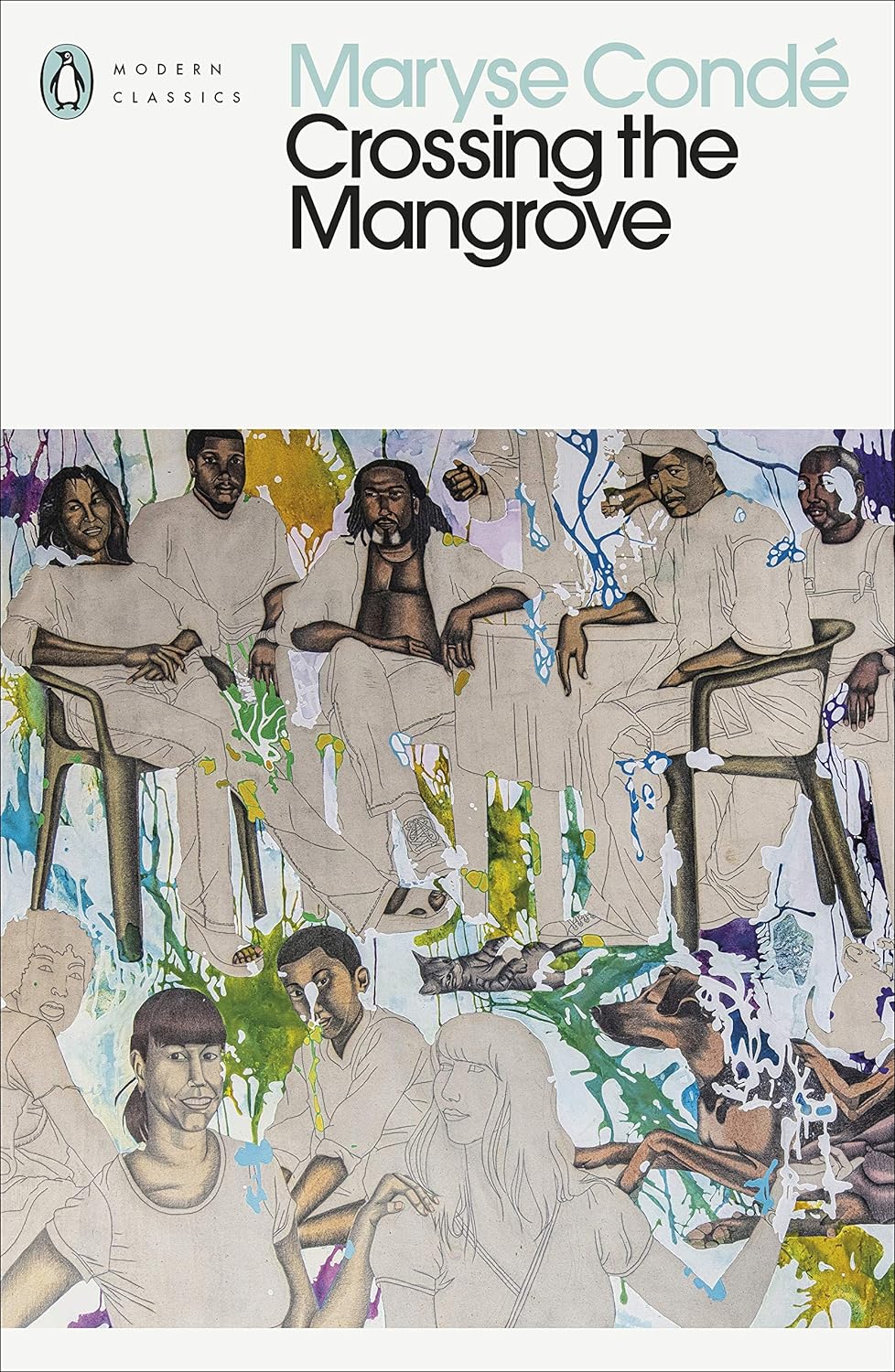
Crossing the Mangroves by Maryse Condé
French novelist and playwright Maryse Condé fuses Caribbean tradition and culture within an elaborate murder mystery that sets on to investigate the unnatural death of beguiling outsider Francis Sancher. With each mourner’s eulogy at this Guadeloupean wake, comes an essential clue that reveals all locals to be eerily connected and secretly familiar.
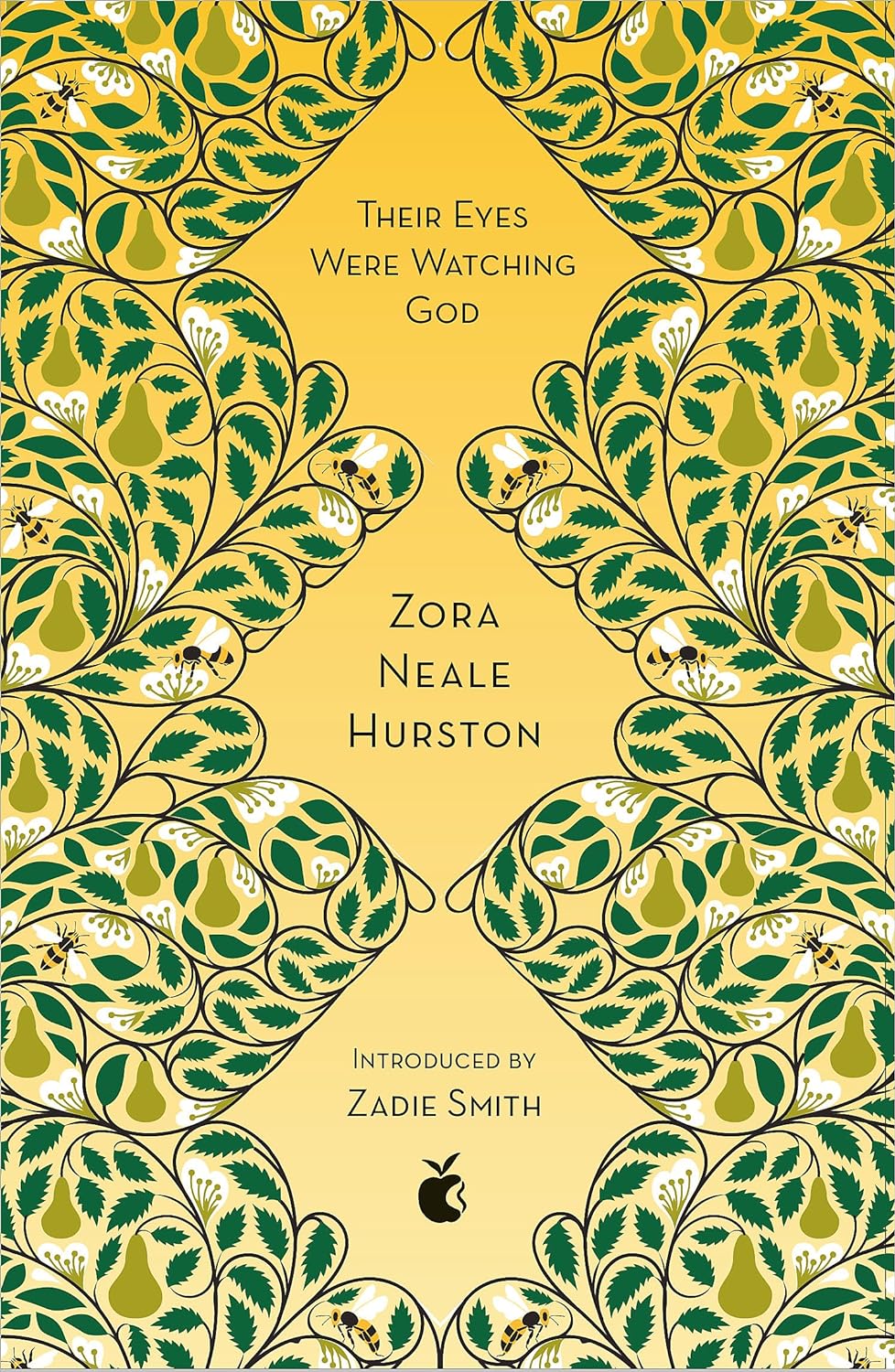
Their Eyes Were Watching God by Zora Neale Hurston
Representing the best of the Harlem Renaissance, Hurston’s “Their Eyes Were Watching God” narrates the coming-of-age of protagonist Jeanie Crawford as she powerfully transforms from being “a vibrant, but voiceless, teenage girl into a woman with her finger on the trigger of her own destiny”. Interrogating the role of masculinity and the nature of traditional gender roles in post-slavery America, Hurston’s is an evocative text that has now found recognition within both women’s as well as African-American literature.
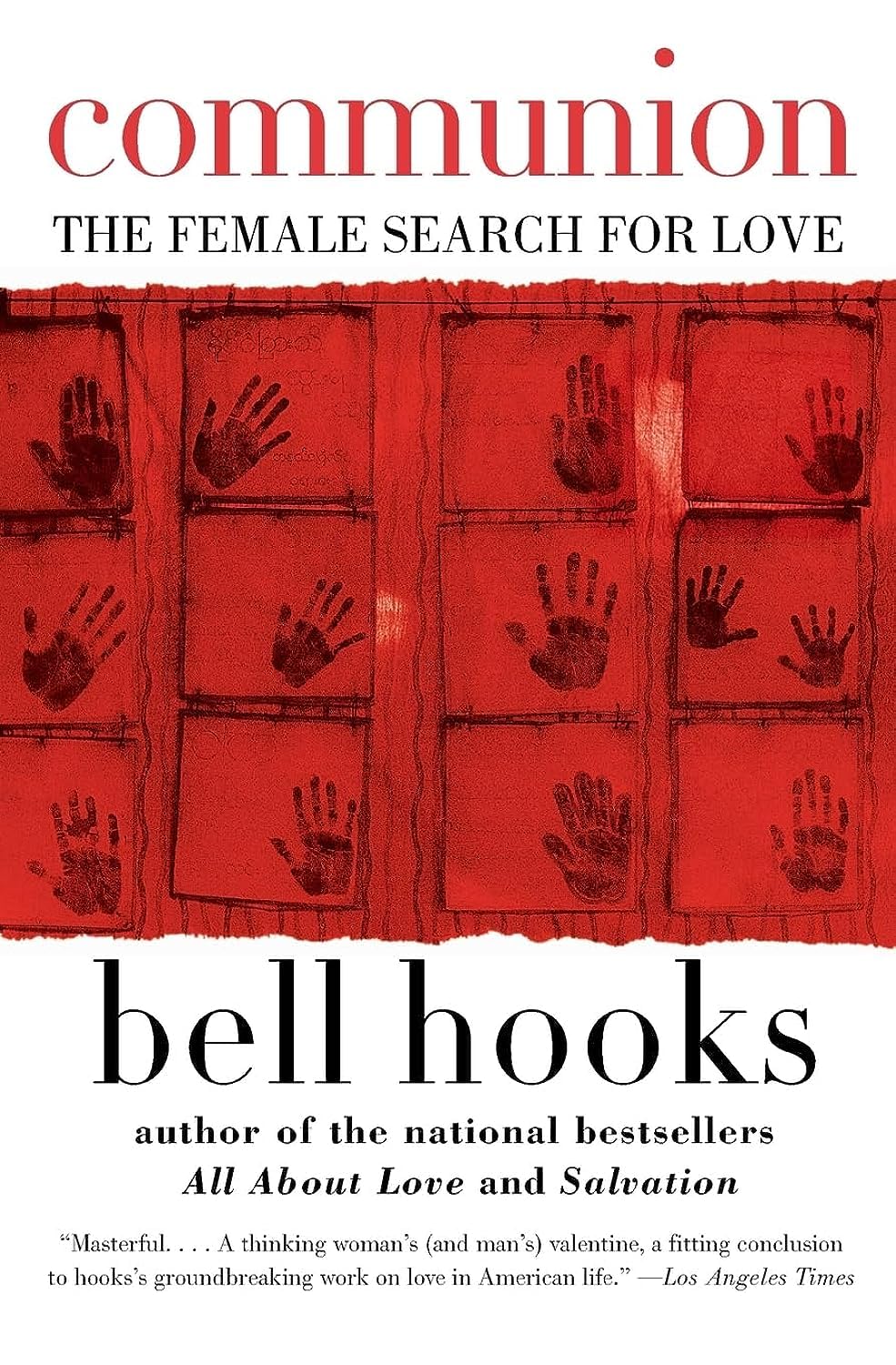
Communion: The Female Search for Love by bell hooks
Gloria Jean Watkins, better known by her pen name “bell hooks”, is one of the most widely celebrated and poignant contemporary voices in discourses of gender, race and class. More than anything, her’s is a gospel of ‘love’. “Communion: The Female Search for Love” impels all women to boldly seek and heroically claim love, and bring it into each part of their lives. Written like an intimate conversation addressed to a friend, hooks reaches out to all women with an offer of warm companionship. This book, much like a bulk of Lorde’s writing, points to a historic and vital tradition of black writing that talks of “love” and its immense galvanising value, realizing the political power of love within fragmented, marginalized and oft-alienated communities that struggle for dignity, identity and a sense of belonging.
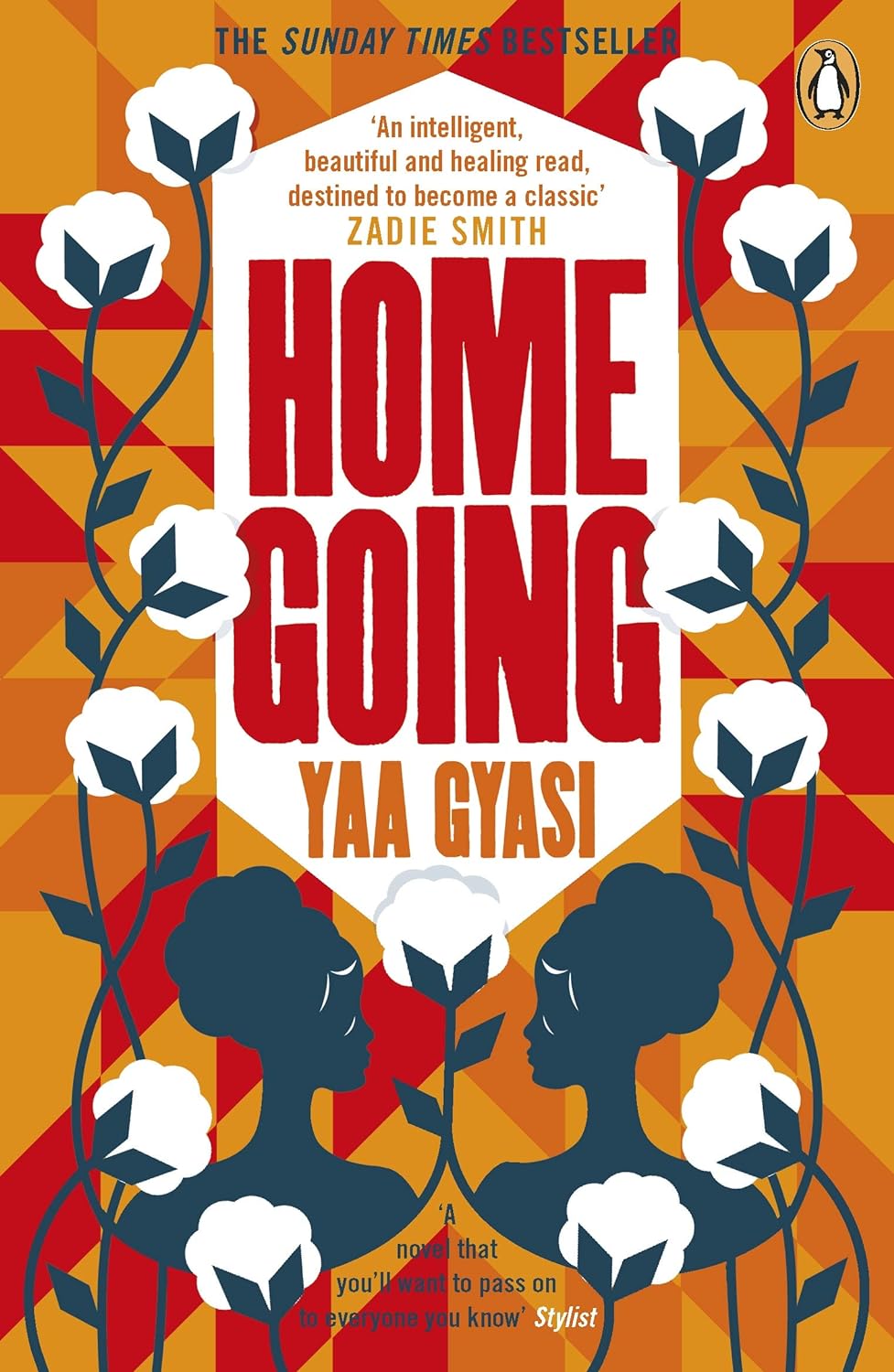
Homegoing by Yaa Gyasi
Ghanaian-American author Yaa Gyasi’s debut historical fiction is one that unflinchingly looks back to Ghana’s harrowing history of colonialism, slavery and racial violence. In a story that spans seven generations, detailing the lives of two families that are connected by one person, Gyasi’s novel is able to adequately explore the long tradition of slavery and its trickle-down effect within the contemporary world. In following two half-sisters, one who was shipped off to the Americas and the other who stays as an Englishman’s wealthy wife, and their descendant generations, the novel travels through the Civil War, the Great Migration, and the Jazz Age– evocatively remembering the multi-layered generational traumas of those who were taken and those who stayed.
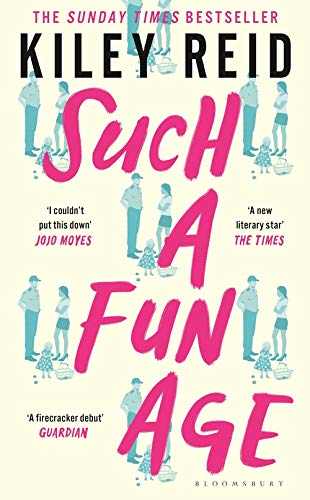
Such A Fun Age by Kiley Reid
An exciting new voice in the realm of black literature, Reid’s addictive and piercing debut novel tells the story of a young Black babysitter who is falsely accused of kidnapping a white child. A plot that evokes a barrage of similar-sounding real-life events that continually plague the black community, “Such A Fun Age” is a brilliant coming-of-age novel that exposes the grim reality and continued existence of racism in Obama’s America.
Pick up a book from our essential guide to Black Women Authors from any Kunzum store or WhatsApp +91.8800200280 to order. Buy the book(s) and the coffee’s on us.
